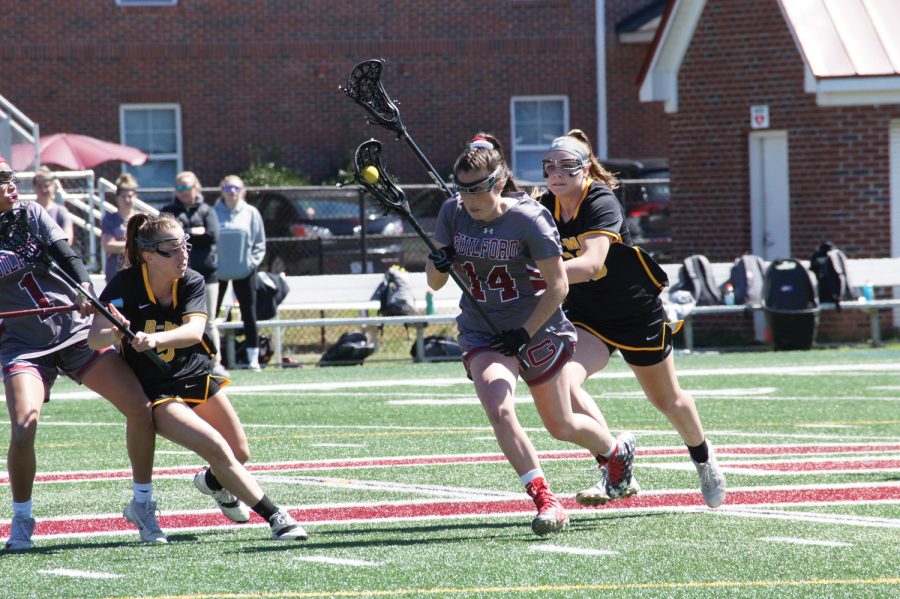While the U.S. tentatively debates lessening the penalties on drugs, President Rodrigo Duterte of the Philippines has been making headlines since the spring when he was elected on a plat- form of stopping drug trafficking through any means necessary.
Now, a little over two months into his presidency, the police have killed over 1,000 drug suspects and report nearly twice that amount have been killed by vigilantes without repercussions, according to the Philippine Daily Inquirer. Few of these have been major dealers.
“Duterte and his ministers trumpet the deaths of ‘drug lords’ when in fact so many of those targeted — people who never get to see a lawyer, the inside of a courtroom or any opportunity to challenge assertions that they are involved in illegal drugs — are slum-dwellers who live subsistence existences as street vendors and pedicab drivers,” said Phelim Kine, deputy director for Human Rights Watch’s Asia division, in an email interview. “It’s more accurate to call Duterte’s ‘war on drugs,’ a war on the poor.”
The Philippines has a problem with drugs, particularly shabu — the local name for cheap crystal meth — which is manufactured in the Philippines and then distributed throughout Asia. One small time drug dealer, Roger, who spoke to the BBC on the condition that they not use his real name, estimates 30 percent of his neighborhood is addicted to shabu.
“I do truly believe that I have committed sins,” Roger told the BBC. “But what I can say is that not everyone who uses drugs is capable of committing those crimes of stealing and eventually killing. I’m also an addict, but I don’t kill. I’m an addict, but I don’t steal.”
This violent policy is one part of Duterte’s broader, nationalist message.
“(Duterte is saying) Filipino nationalism can be a variety of things, but it’s not these things, and we’re not going to tolerate anything that falls outside that parameter that we’ve set,” said Director of Study Abroad Daniel Diaz. “His response is ‘kill ‘em.’”
Extrajudicial killings are not new in the Philippines. In fact, Duterte is suspected of using similar death squads as mayor of Davao, his last political position.
“Even pre-President Duterte’s ‘war on drugs,’ summary killings were rampant in several urban areas across the Philippines,” said Kine. “But the toxic incitement for violent extrajudicial solutions to complex problems of drugs and criminality have effectively given the Philippine police ‘license to kill’ without concern for accountability for their actions.”
The rapid increase in killings has strained Filipino relations with the international community, a situation that Duterte has exacerbated.
Duterte called President Barack Obama a “son of a whore” when Obama expressed concerns over the extrajudicial killings, although he later claimed that he was addressing a reporter’s question, not insulting the president. On Sept. 10, Duterte announced, “I am no fan of the U.S.,” and declared he will pursue an independent foreign policy for the Philippines.
How harsh the international repercussions for his nationalist stance, however, are unclear.
The American military is planning on re-opening five military bases in the Philippines to monitor the South China Sea, an area which China has laid claim to despite the protests of the international community.
Obama is also trying to get a multilateral agreement of Pacific nations to apply pressure to China including the Philippines, according to Ken Gilmore, professor of political science. The Philippines also remains an ally in the war on terror.
“(A decline in U.S.-Filipino relations) will negatively affect the war on terror,” said Gilmore. “It will negatively effect foreign aid, it will negatively affect our ability to stand up to China, and let’s face it — I hate to say it this way — (but) the least of our worries is what he’s doing in the war on drugs.”
Within the Philippines, however, Duterte’s nationalist rhetoric and aggressive take on drugs seems to be popular. He won the presidency with 39 percent of the vote out of four candidates. His nearest opponent won only 23 percent.
There are those in the Philippines who have spoken out against the killings, including the Commission on Human Rights of the Philippines, an official government body. Despite this, Duterte appears to be maintaining his popularity, and it may well take international pressure to change anything.
“The one thing we know for sure is that if countries with close bilateral relations with the Philippines don’t take the initiative to challenge Duterte’s abusive ‘war on drugs’ and make clear that he and his government will pay a price in terms of potential suspension of financial support for Philippine security forces, nothing will change,” said Kine.










